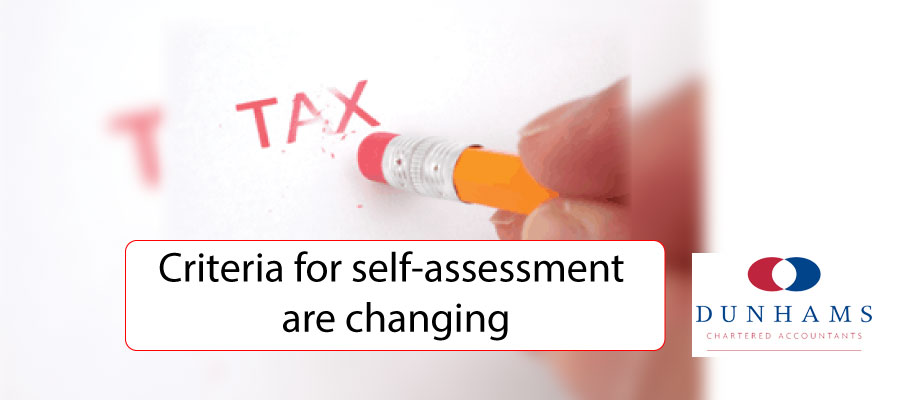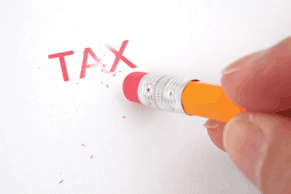
Criteria for self-assessment are changing
Posted on: 12-12-2023
Criteria for self-assessment are changing
Historically, you may have had to file a tax return if your income exceeded the point where the personal allowance starts to be tapered away. This has changed for 2023/24. However, the Autumn Statement also made a further change that will apply from 2024/25. What’s the full story?

If your tax affairs are relatively straightforward, it can be very frustrating to have to complete a tax return every year. In the past, HMRC has insisted on issuing returns for the following reasons, irrespective of other circumstances:
- Income exceeds £100,000 (the personal allowance abatement threshold);
- There is a liability to the high income child benefit charge (HICBC);
- The individual is a company director.
HMRC now accepts that being a company director is not a valid reason to issue a tax return in and of itself. For 2023/24, it was announced that the income threshold would increase to £150,000, meaning you may be able to request your return for this year be withdrawn if the only reason you have been in self-assessment was that your earnings were more than £100,000. However, the other criteria for self-assessment remain unchanged, so if you have earnings of, say, £120,000 but also have untaxed income of £5,000, you will still need to complete a return.

The 2023 Autumn Statement announced that for 2024/25 the income threshold will be removed altogether. The government is also intending to allow those liable to the HICBC to pay it via a PAYE coding adjustment, though there is no current timetable for this.
If you would like any assistance with any of these points.
